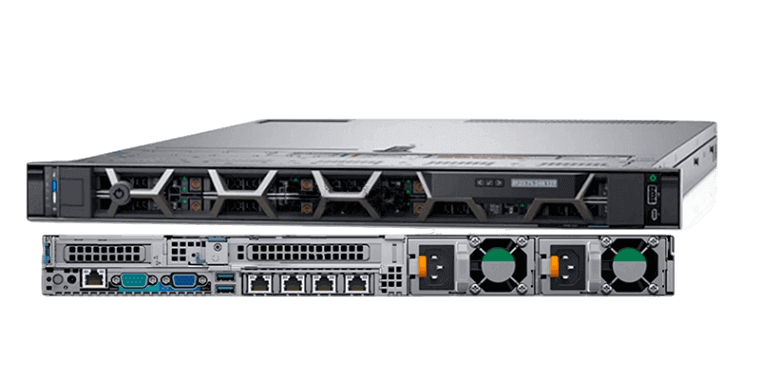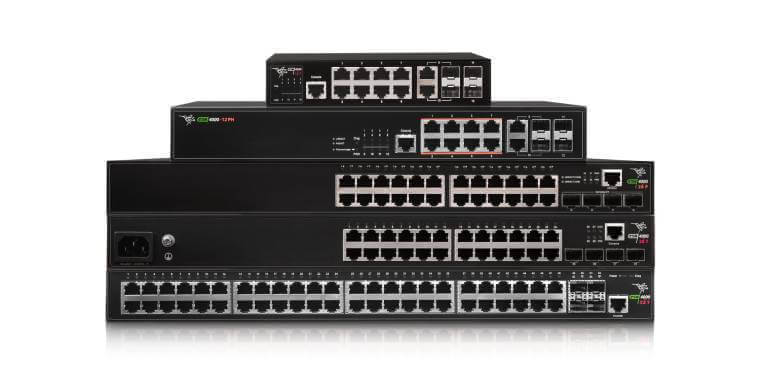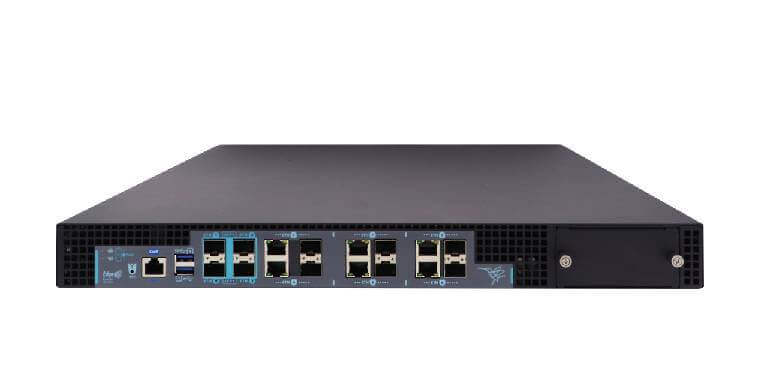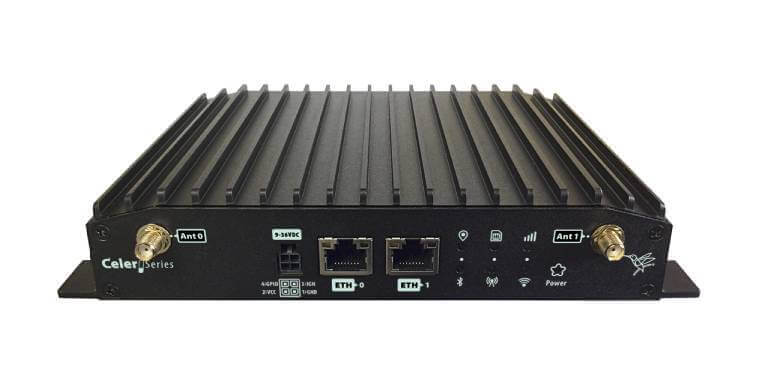 SMEs are a sector where it is difficult for technological innovations to take root, with companies mostly opting for conservative criteria of amortizing investments in existing systems, i.e., they tend to update what is installed rather than undertake a comprehensive renewal.
SMEs are a sector where it is difficult for technological innovations to take root, with companies mostly opting for conservative criteria of amortizing investments in existing systems, i.e., they tend to update what is installed rather than undertake a comprehensive renewal.
However, market evolution and, above all, the disruptive requirements that have appeared in 2020, have turned digital transformation into a prerequisite for SME survival. The companies that had already undertaken the digital transformation and renewal of their networks before this new scenario emerged, are the ones that have been able to respond. Now, the rest must follow suit, regardless of the products or services they sell and the markets in which they operate. It is essential, therefore, that the IT Rellers and system integrators positions itself in the new environment and offers its customers appropriate solutions to operate successfully in it.
Digital Transformation of SMEs to the changes in the market
What new network requirements of SMEs will improve their competitiveness?
• SaaS – Software as a service and cloud-based services.
Compared to the old model, where software was integrated into business equipment, SMEs now demand cloud-based software services for guaranteed access to the most powerful and effective solutions in a secure, affordable way and tailored to their actual needs.
• Flexible package of Internet connections for a sufficiently large bandwidth.
SMEs need high-performance network solutions that ensure multiple connectivity to high-speed cloud services, with streamlined processes, business agility and a smooth user experience.
• Remote connectivity for employees, customers and business partners.
New business models for production and service provision require a guaranteed stable network connection, protected against contingencies, but also with guaranteed roaming connectivity and no additional costs or installation costs.
These new requirements are attributable to cloud computing, the changing nature of work, and the obligation to ensure data security.
Moving services to the cloud to take advantage of increased agility and competitiveness has meant an increase in configuration complexity to ensure that the systems and all the cloud services used operate optimally.
The traditional job, linked to a specific space, is in the process of disappearing and being replaced by the digital job, which enables worker mobility and ensures productivity in any situation, and for which employees require access to stable connections regardless of where they are.
The new market scenario, with working in the cloud and remotely, also means that access and data security become a decisive element for the correct operation of the company.
Reorienting the offer: SDN solution
From now on, IT suppliers/distributors and system integrators providing network solutions to SMEs must work according to the new market guidelines to deliver value to their customers. It is essential that they redirect the offer towards the service model—diverting attention from the product, hardware supply, device installation sales model—and commit to providing deployable solutions, like SDN – software-defined networks, to meet new business network requirements.
SDN networks provide companies a way to centrally manage their networks with cloud based management solutions. They are characterized by their flexible, highly scalable configuration, allowing traffic flows to be dynamically adjusted to meet business demands, with the result that the networks are subordinate to business needs, and not vice versa.
Support for cloud-based services and applications with a high data load, centralized infrastructure-independent control and security, agile network deployment and dynamic bandwidth management – these are just some of the features of SDN networks which, along with 4G/LTE network roaming connectivity, address the business connection needs of the new market:
- SD-WAN: software-based access to outside networks to configure remote networks.
- SD-LAN: software-based centralized control of internal company networks, be they SD-LAN or SD-WLAN / Wi-Fi.
In response to market changes, TELDAT is expanding its network solution offering, with the launch of CNM SD-WAN Suite, an SDN proposal for SMEs that ensures centralized control, agility, flexibility and secure connectivity to address the new requirements.


























